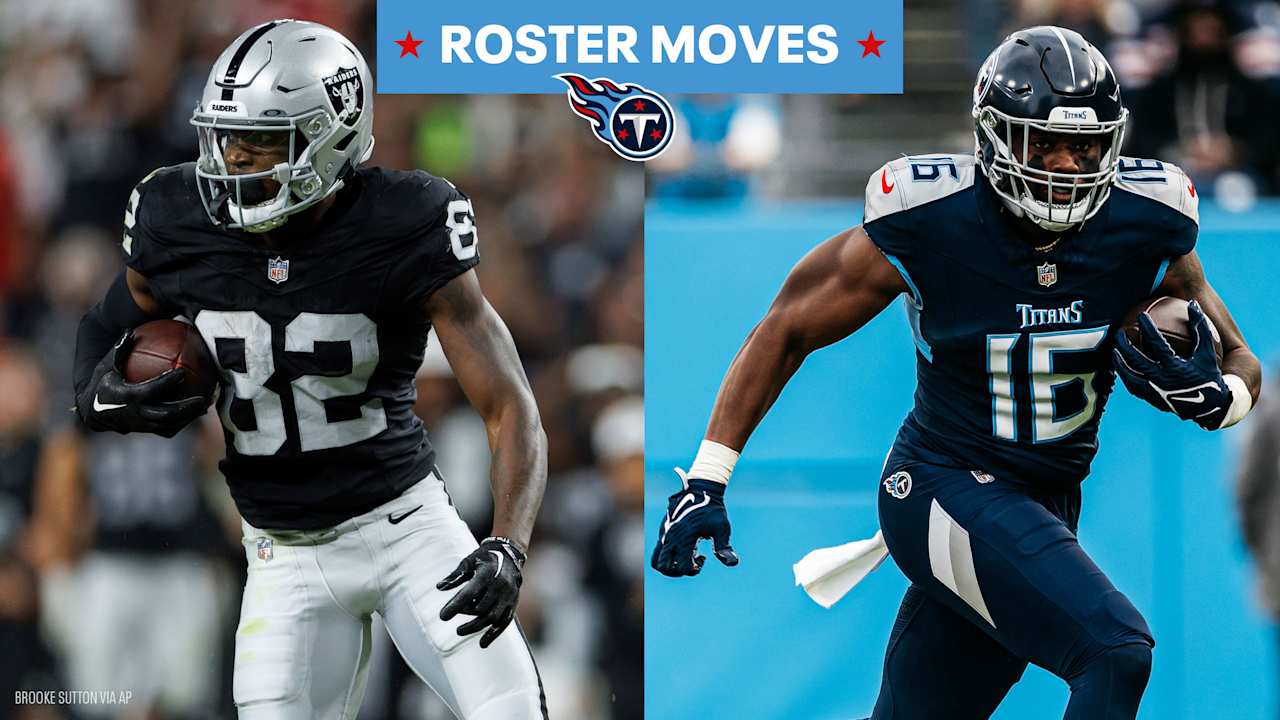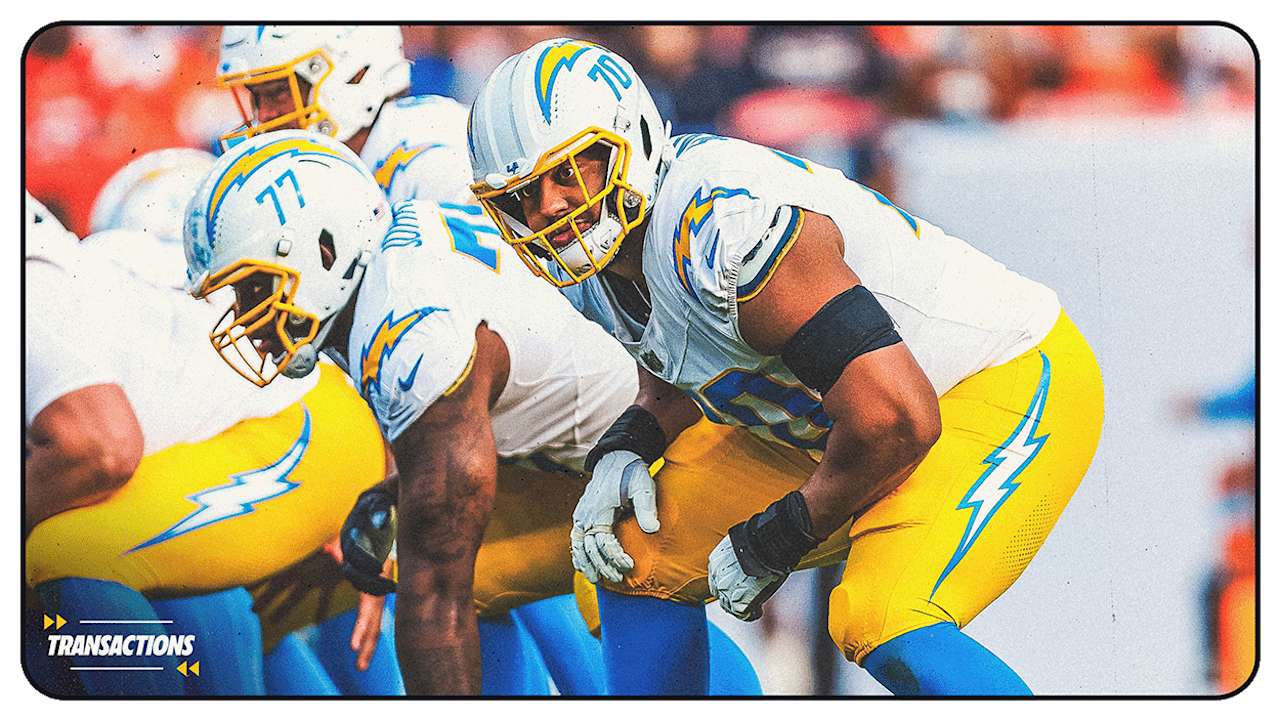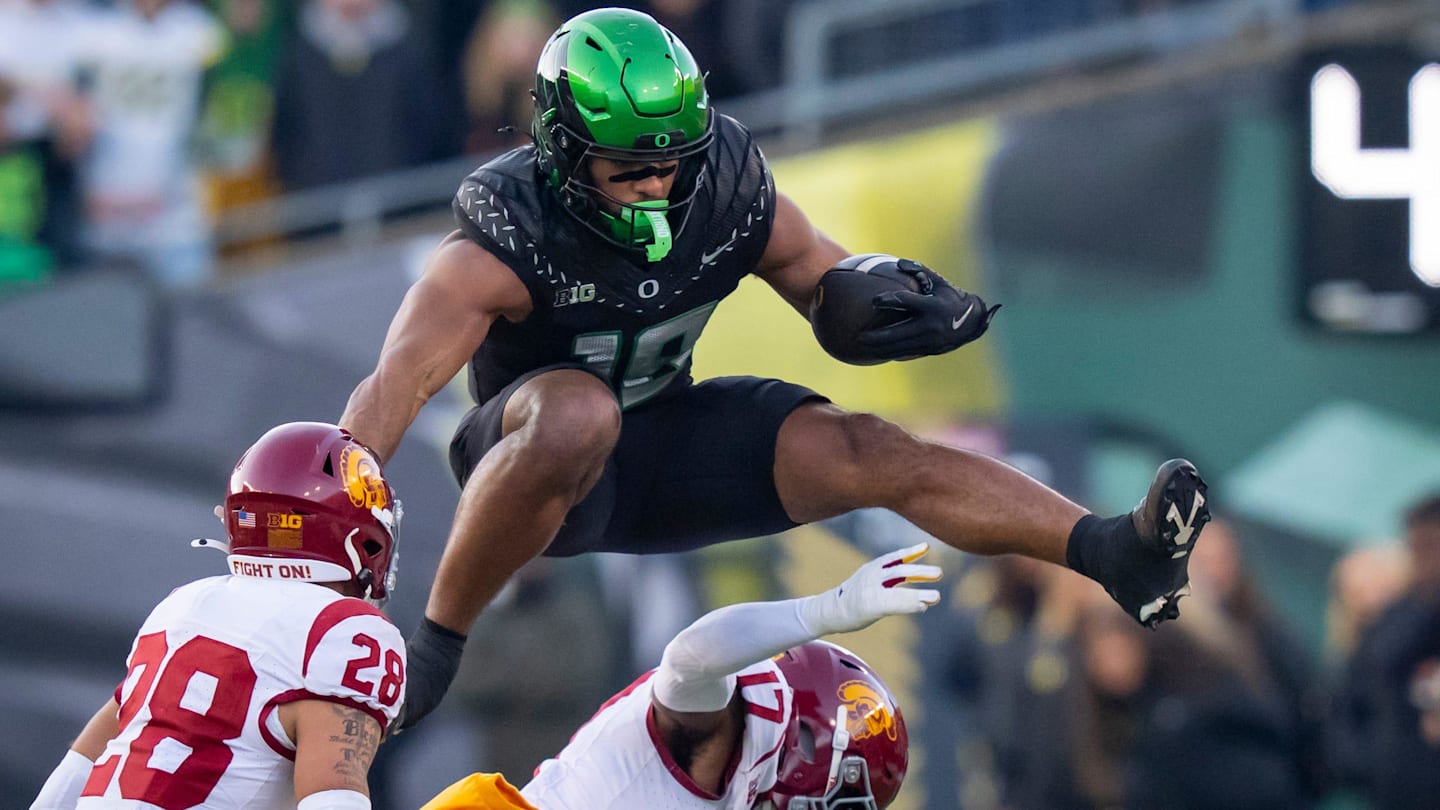NFL Suspends Jordan Addison for 3 Games

Introduction
The NFL has announced the suspension of Jordan Addison for the first three games of the upcoming season. This decision comes after Addison pleaded no contest to a lesser charge last month, as part of a settlement for a DUI arrest. This news has left both fans and analysts speculating on the impact it may have on the team's performance.
Key Details
Addison's suspension has left a void in the team's defense, as he was a key player known for his agility and strong tackles. Fans have expressed their disappointment, as they were counting on his contributions to secure victories in the first few games of the season. This suspension also raises questions about the team's decision to retain Addison, despite his previous legal troubles, and the potential consequences it may have on the team's reputation.
Impact
The suspension of Jordan Addison not only affects the team's defensive strategy, but also brings to light the issue of personal responsibility and accountability for professional athletes. The NFL has strict policies in place to maintain the integrity of the league, and this serves as a reminder to all players that their actions off the field can have consequences on their careers and team. It is crucial for players to make responsible decisions and represent their teams and the league in a positive manner.
About the Organizations Mentioned
NFL
## Overview of the NFL The National Football League (NFL) is the preeminent professional American football organization in the United States, renowned for its massive influence on sports, entertainment, and business. With 32 teams divided between the American Football Conference (AFC) and National Football Conference (NFC), the NFL organizes a 17-game regular season culminating in a single-elimination playoff and the Super Bowl—the most-watched annual sporting event in the U.S.[2] ## History and Evolution Founded in 1920 as the American Professional Football Association (APFA) in Canton, Ohio, the league initially comprised teams primarily from the Midwest and Northeast[1][3]. It was renamed the National Football League in 1922 and faced early instability, surviving competition from rival leagues such as the All-America Football Conference (AAFC) and multiple iterations of the American Football League (AFL)[2]. By the 1950s, the NFL had established a monopoly on professional football in the U.S., with only the Canadian Football League (CFL) operating independently in Canada[2]. The most significant development in NFL history was the 1966 merger agreement with the AFL, which led to a common draft and the creation of the Super Bowl as a championship game between the two league champions[1][2]. The leagues fully merged in 1970, reorganizing into the AFC and NFC and cementing the NFL’s dominance in American professional sports[1][2]. ## Key Achievements and Innovations The NFL pioneered lucrative television contracts, transforming football into a national pastime and a major media event. The league’s adoption of revenue-sharing and salary caps fostered competitive balance, helping small-market teams remain viable[2]. The NFL has also been a leader in sports technology, implementing instant replay, advanced player tracking, and digital platforms for fan engagement. Notable achievements include the expansion to 32 teams, the internationalization of the game through game















